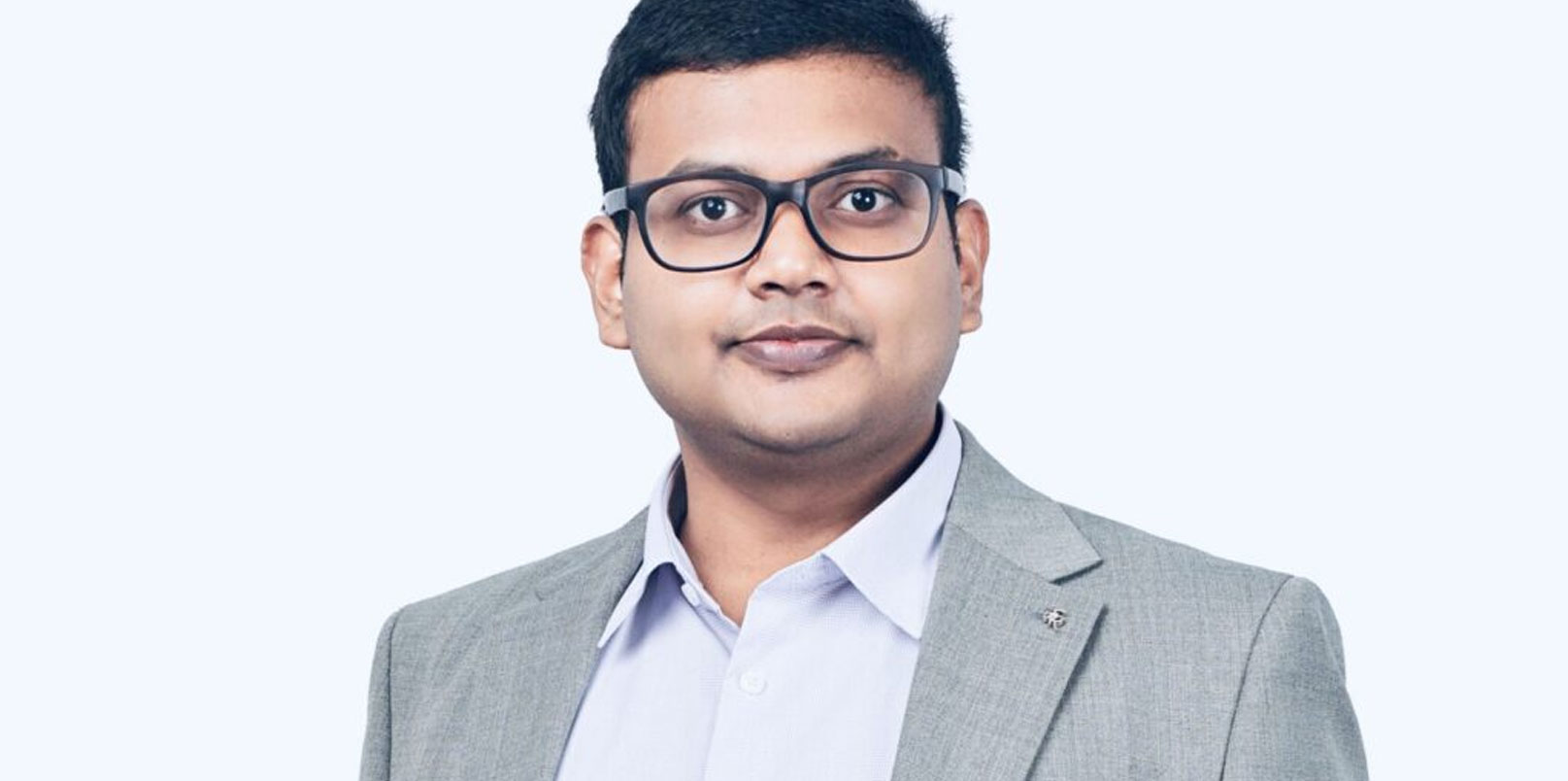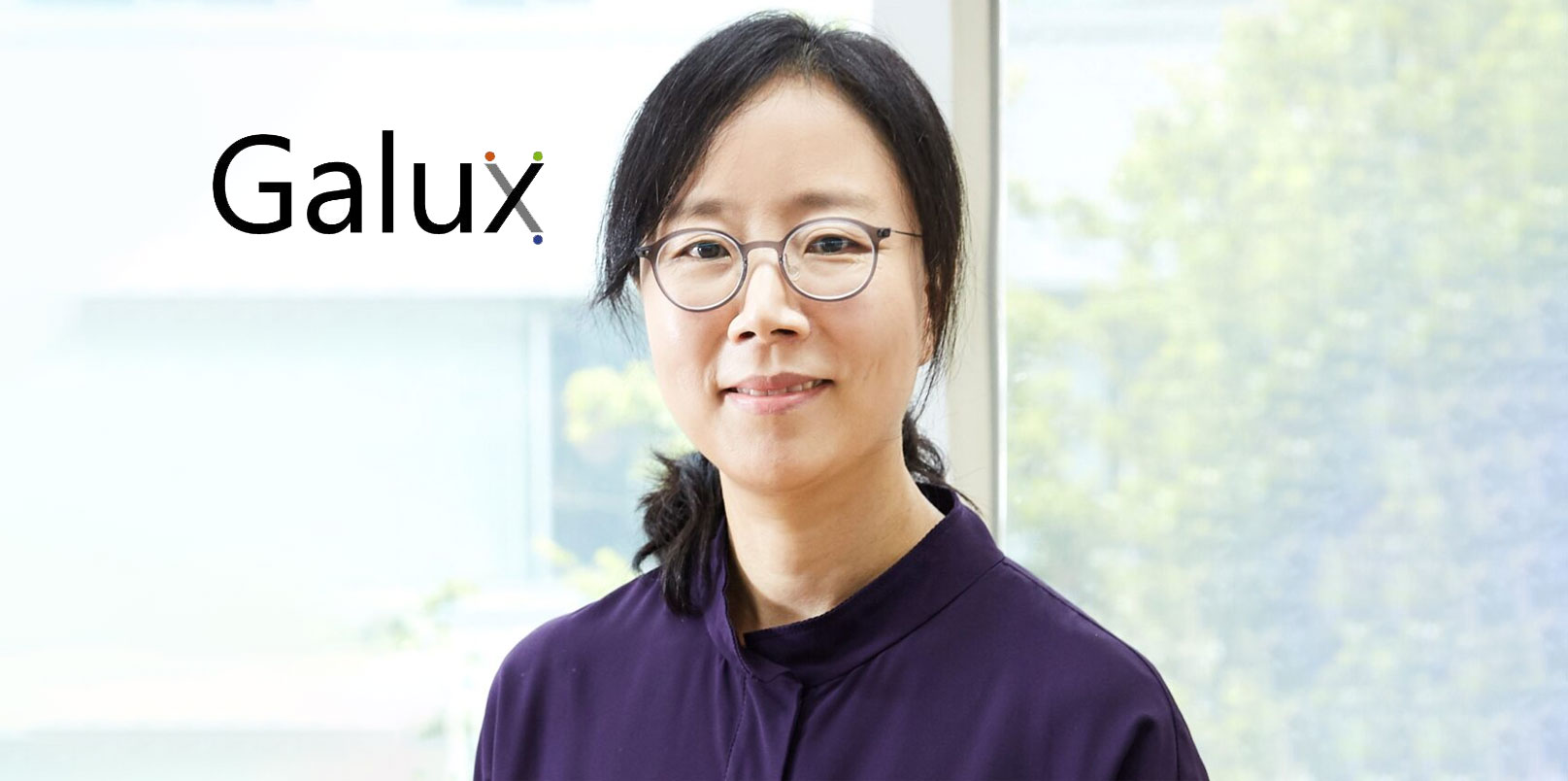Rocio Wu has her focus clear on consumer internet and deep tech investments. She works at the Liquid 2 Ventures, a leading seed-stage fund founded by NFL Hall of Fame quarterback Joe Montana and two entrepreneurs Mike Miller (Cloudant acquired by IBM) and Michael Ma (TalkBin acquired by Google).
Rocio has extensive operating experience in Product Strategy, Growth, and Corporate Development with Google and Amazon across the Europe, Asia, and US offices.
She helped launch Kindle in China in 2013 and spearheaded the Android product launch in emerging markets in 2016. She is also an angel investor and advisor to early-stage companies at YC, 500 Startups, Women Startup Labs. In addition, she is actively involved in Harvard’s Technology Strategy Initiatives writing case studies and articles. Rocio holds a B.A. from Shanghai International Studies University (exchange at Universidad Pontificia Comillas in Spain) and attended Harvard Business School.
Rocio Wu has a truly global perspective. Born in Shanghai, she has lived in Colombia, Spain, Japan, and the US, She had the luxury of growing up and enjoying the value in cultural contrasts.
Rocio Wu had a quick chat with koreatechdesk.com about startups and the strategies they can adapt to succeed.
1. As an investor, what kind of startups have you invested in and how did you find those startups to invest in?
It is mostly consumer internet & deep tech startups. I find them through a network of founders, fellow VCs and great platform such as beSUCCESS.
2. What are the core factors that make you invest in those particular companies and what’s your basic investment philosophy?
- It has to be a large market size with fast growth potential.
- Traction to show product-market fit.
- Team background to show founder-market fit.
3. What is the investment range you put into each startup?
We invest at the Seed Stage – about $200-500K. We are one of the most active seed-stage investors in the valley.
4. What are the main reasons that startups fail that you have experienced or noticed so far?
The reasons for failure are mainly – Founders dynamics and Poor execution. The reason also is failing to productize or commercialize a cool technology.
5. What’s your advice to entrepreneurs who meet investors like you?
Be open to feedback, maintain a good relationship and keep investors updated even if they don’t invest in you.
6. What’s your general thought about the term “global”?
I would say that it is ‘cross-learning globally and invest locally’. Having grown up in China and lived in many countries, I would say that there is much to be learned from how people live their lives differently around the world. My approach to investing similarly respects the value in difference and cross-border learning. Conflicting ideas breed innovation, and building bridges between seemingly unrelated fields can lead to advantageous discoveries.
7. What are the important factors for Korean startups to consider in a US expansion?
The US is a competitive landscape so have a fundraising strategy (strategic partners/angels/ VCs).
8. Our media company name is “beSUCCESS”, so what’s your definition of the term “success” as an investor or as an individual human being?
Invest in ideas that will transform people’s way of life and make a positive impact in the world.
9. What are the things that you would do if you could go back to 10 years ago?
I would study Computer Science or Engineering in undergrad. But I think the No. 1 most important skill today is the ability to learn and adapt to technology trends.
10. When you come to Korea next time, what kind of Korean entrepreneurs and startups do you want to meet?
Early stage startups (industry agnostic) that are raising seed or series A funds and are interested in expanding into the US or other parts of Asia.





